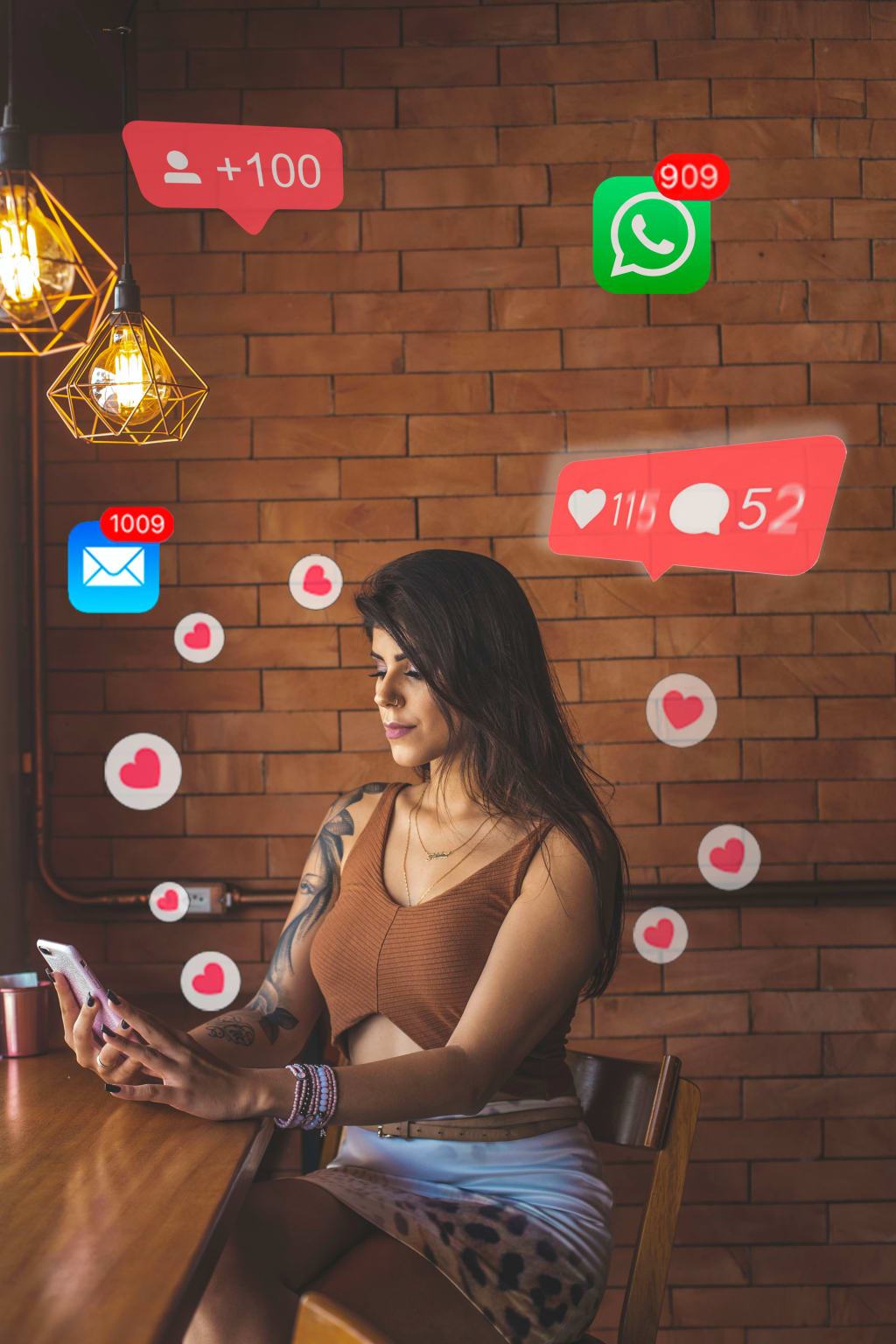Is Social Media Damaging our Mental Health?
A comprehensive analysis

In the 21st century, social media has become a ubiquitous part of our daily lives. Platforms such as Instagram, Facebook, and Twitter have provided us with unprecedented connectivity, presenting a world where staying in touch with friends across the globe is as easy as the click of a button. However, beneath the surface of likes, shares, and retweets, are we paying a higher price than we realize? Is our mental health at stake? This article seeks to delve into the impact of social media on our mental health, separating fact from fiction.
The Social Media Paradox
The promise of social media lies in its ability to foster connections. However, paradoxically, many users often report feelings of increased loneliness and isolation. Anonymity and physical distance can sometimes embolden negative behaviors, with platforms becoming breeding grounds for cyberbullying and online harassment. According to a 2017 survey by the Royal Society for Public Health in the UK, Instagram, in particular, was found to have a detrimental impact on young people’s mental health, often intensifying feelings of inadequacy and anxiety.
The ‘Comparison Culture’
Perhaps one of the most damaging aspects of social media is the ‘comparison culture’ it promotes. Carefully curated highlight reels can often lead to users comparing their own lives with the idealized ones presented online. This constant comparison can give rise to feelings of inadequacy, low self-esteem, and even depression.
Consider Jenna, a 22-year-old recent college graduate. She describes scrolling through her social media feeds, filled with images of friends on exotic vacations, at glamorous parties, or starting exciting new jobs, while she's home job-hunting. Over time, this exposure led to increased feelings of anxiety and worthlessness, making her question her self-worth and accomplishments.
The Fear of Missing Out (FOMO)
FOMO is a phenomenon often associated with social media use. It refers to the anxiety that an exciting or interesting event may currently be happening elsewhere. For instance, seeing friends post about a party you weren't invited to or a trip you couldn't afford can exacerbate feelings of exclusion and dissatisfaction with one's own life. This constant exposure to others' lives and activities can lead to increased stress and anxiety levels.
Sleep Quality
Our attachment to social media also extends into our bedtime routines, with many of us guilty of late-night scrolling. Exposure to the blue light emitted by our screens can disrupt our sleep cycle, leading to poorer sleep quality. Studies have found a link between social media use before bed and decreased sleep quality, which can negatively affect mental health.
Building a Healthier Relationship with Social Media
While the research points to a complex and sometimes harmful relationship between social media and mental health, it's important to note that social media is a tool, and like all tools, its impact is heavily dependent on how we use it.
For a healthier relationship with social media, consider setting boundaries such as time limits, turning off push notifications, or even scheduling regular digital detoxes. Follow accounts that inspire positivity and unfollow those that make you feel inadequate or anxious.
Also, cultivate activities and hobbies outside of the digital world. Physical exercise, reading, painting, or simply spending time in nature can help provide a balance and counter the potential negative impact of excessive social media use.
Finally, remember that it's okay to reach out to mental health professionals if you feel that social media is negatively impacting your mental health. Therapists and counselors can provide strategies to help you navigate these feelings and build healthier digital habits.
Ultimately, social media is here to stay, and its influence on our lives will continue to evolve. By fostering awareness and promoting healthy usage, we can harness its potential while minimizing its pitfalls, shaping a digital world that serves our mental health instead of damaging it.
About the Creator
Sheri Rettew
From the front lines of severe trauma and abuse to running nonprofit organizations dedicated to supporting victims, I am passionate about supporting positive change in the world beginning with how we address abuse and trauma.
Enjoyed the story? Support the Creator.
Subscribe for free to receive all their stories in your feed. You could also pledge your support or give them a one-off tip, letting them know you appreciate their work.






Comments
There are no comments for this story
Be the first to respond and start the conversation.